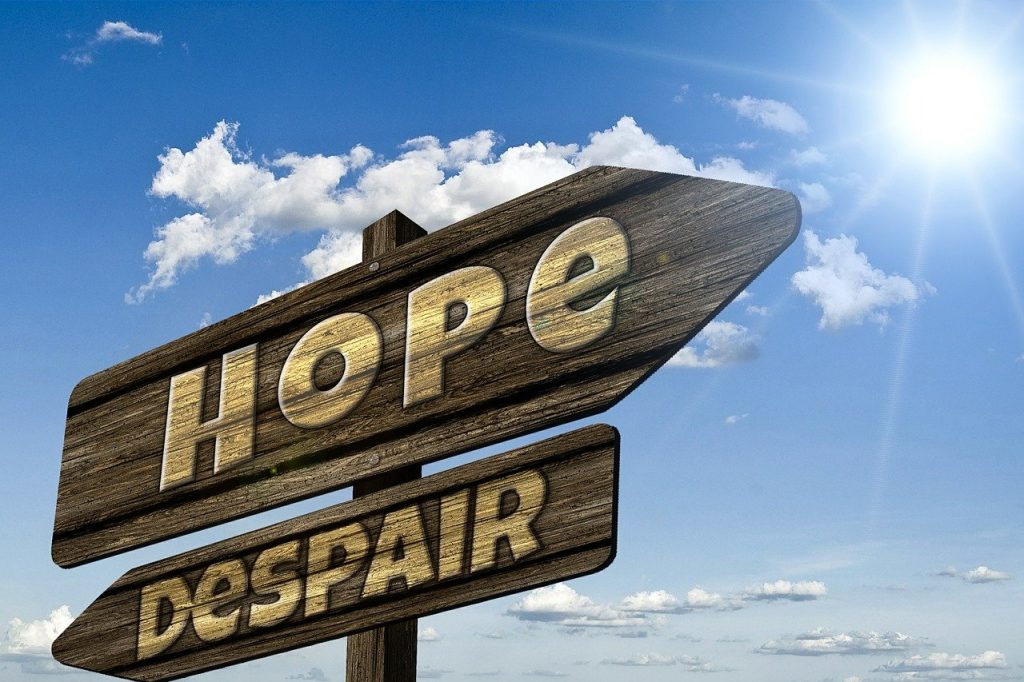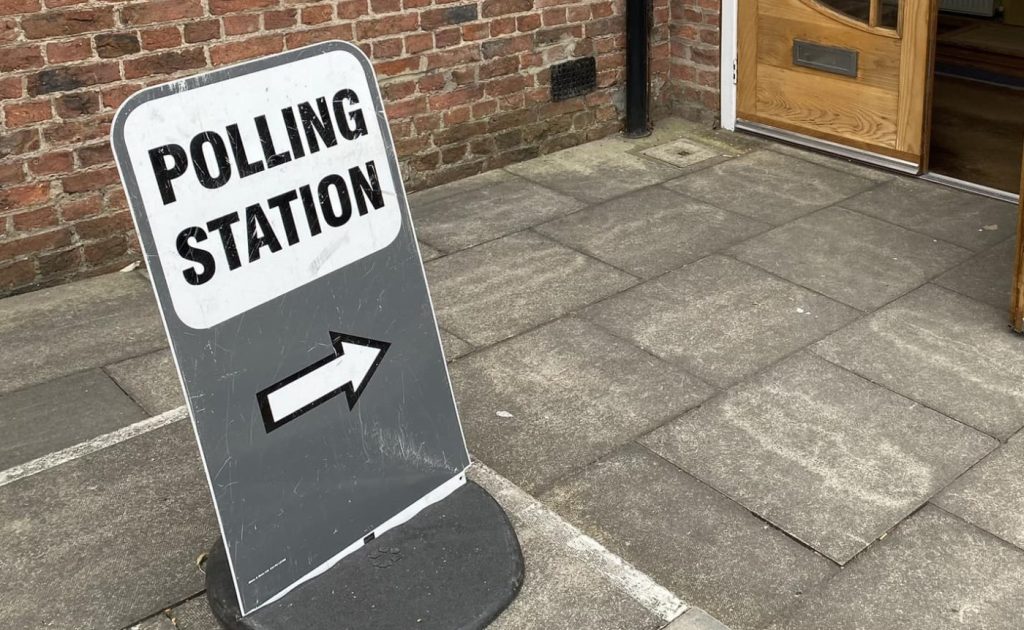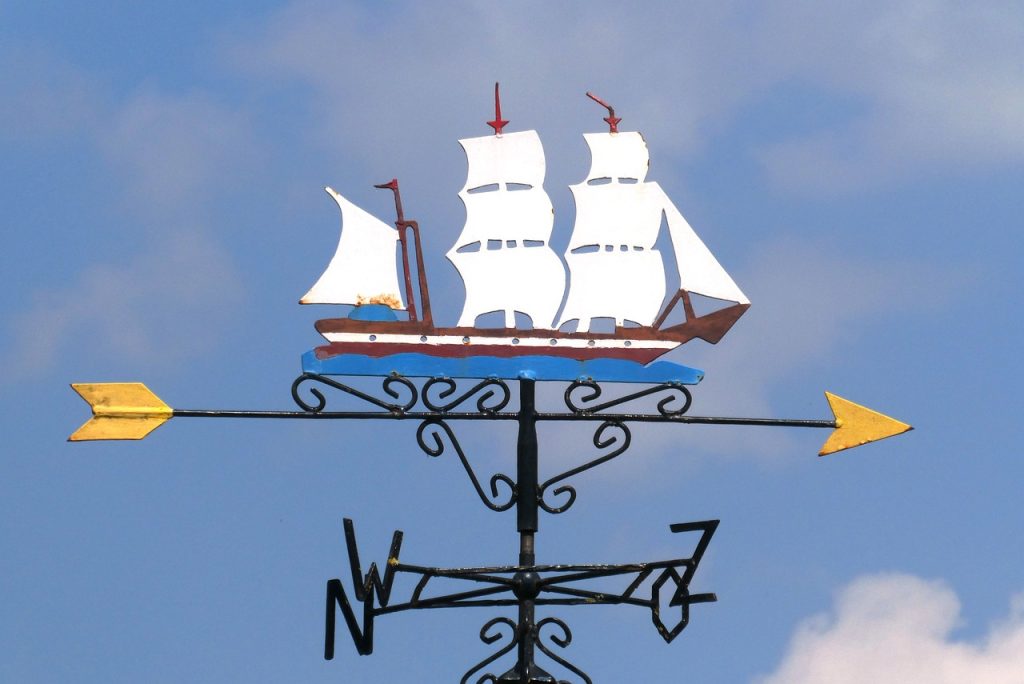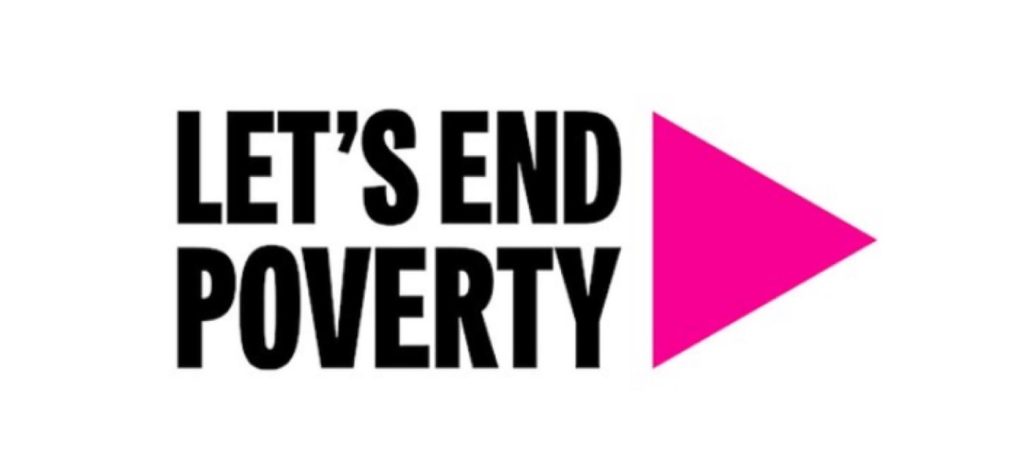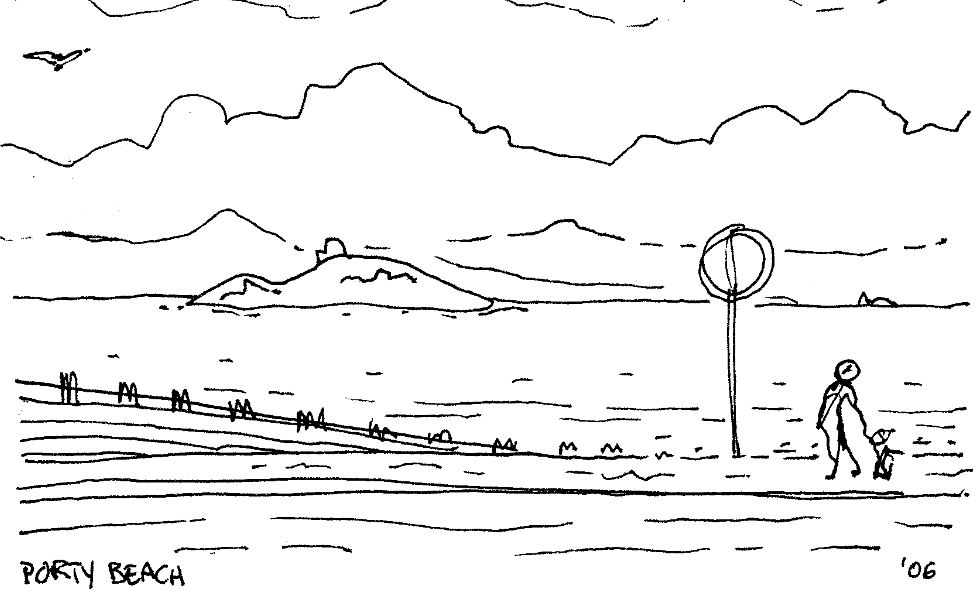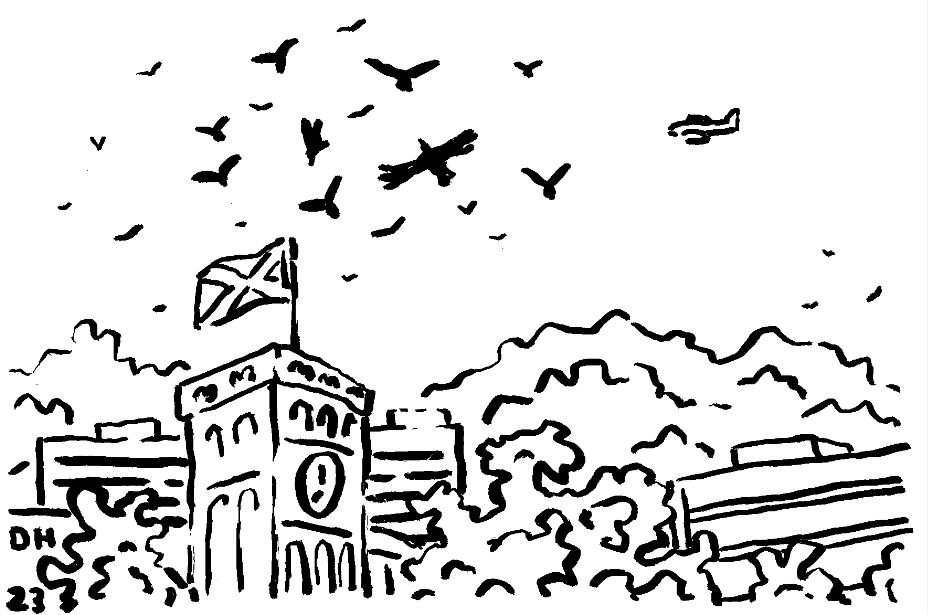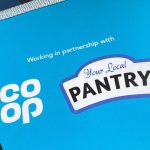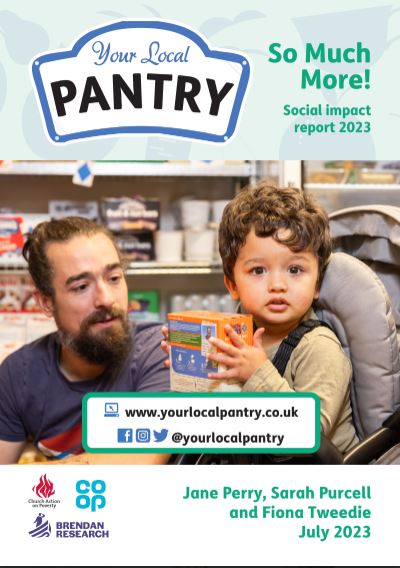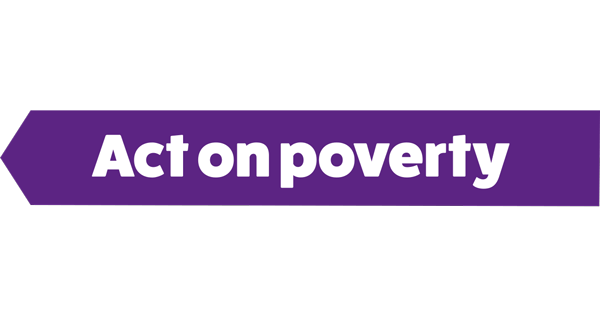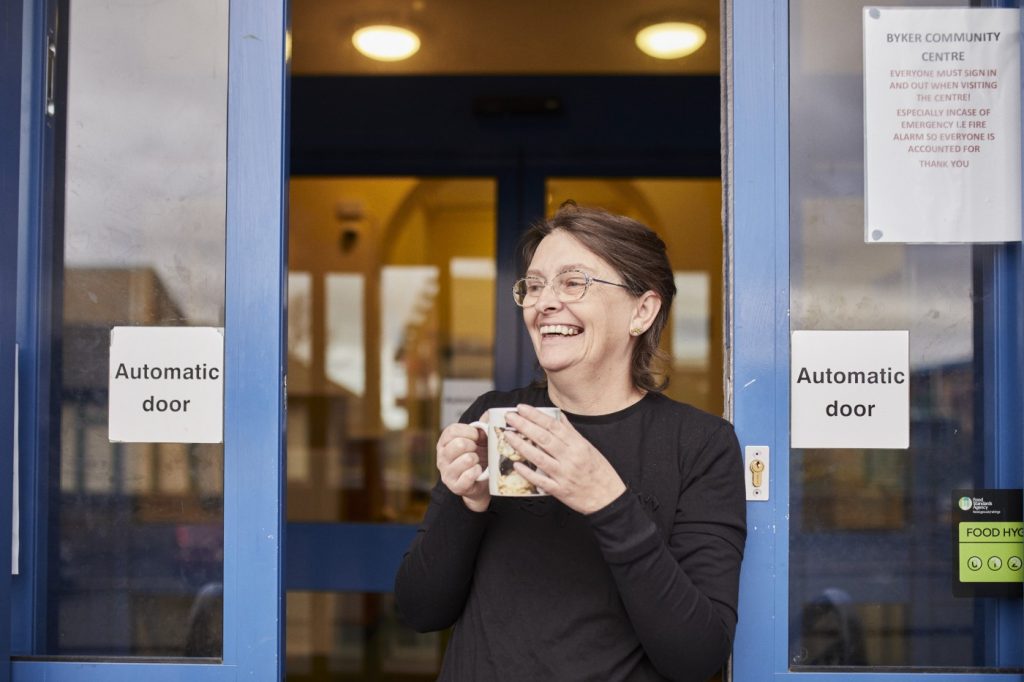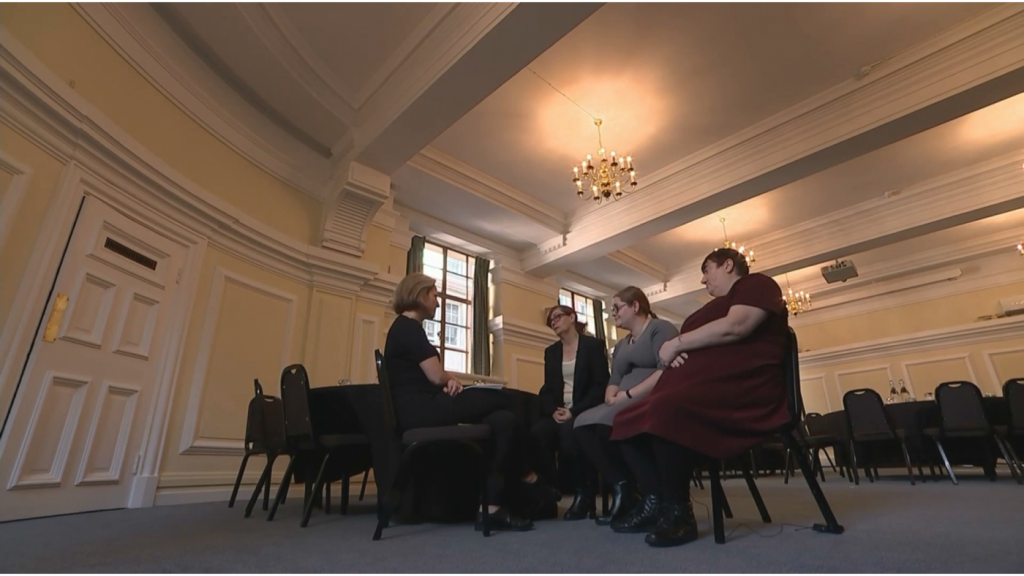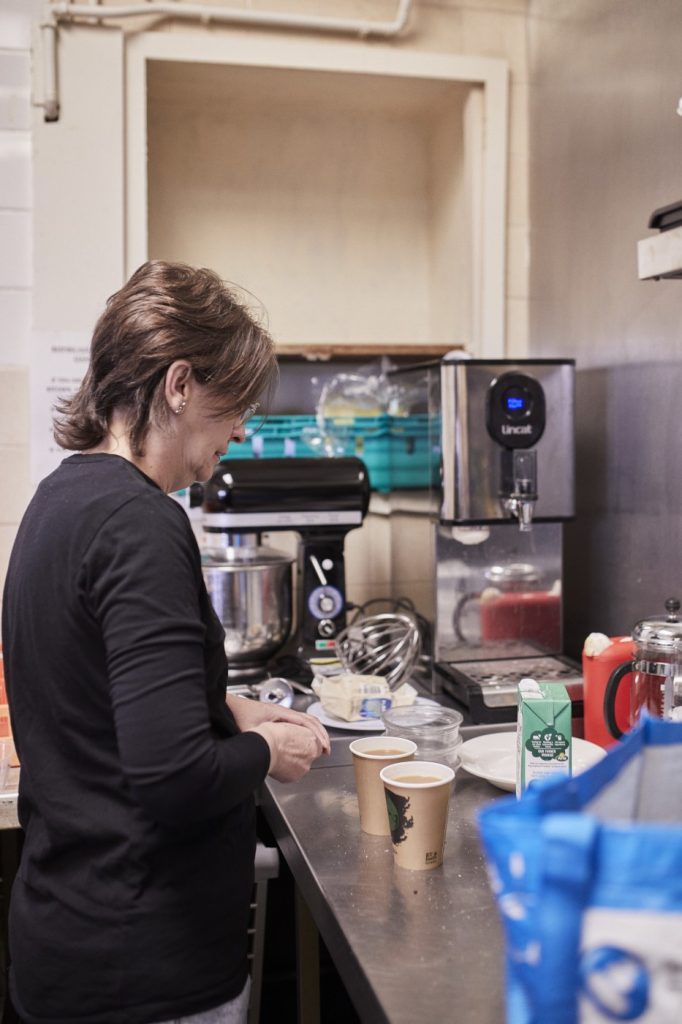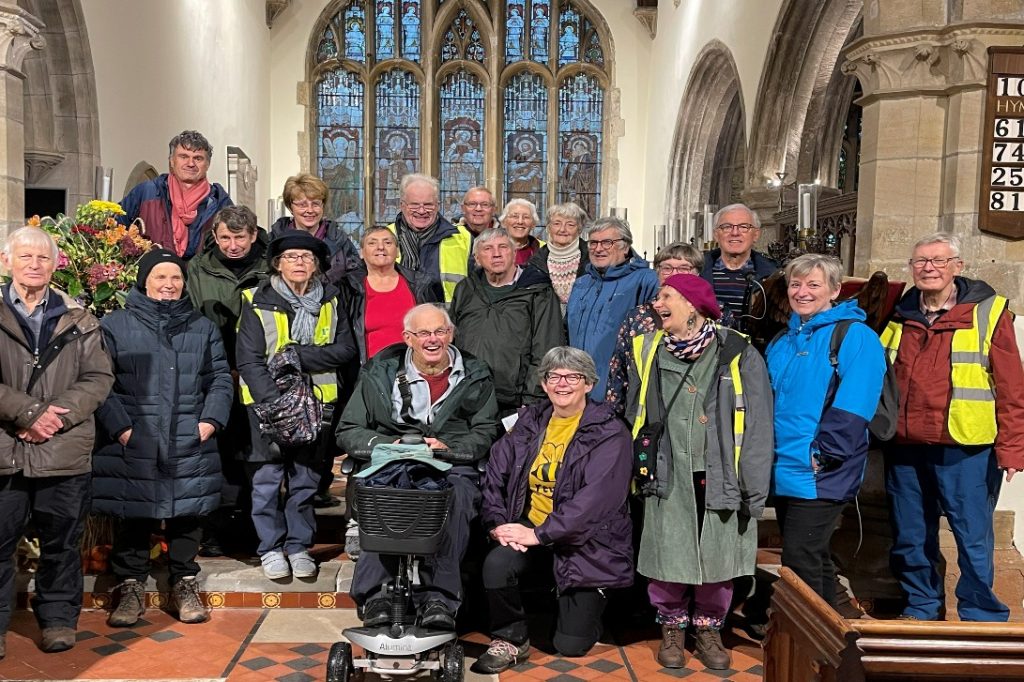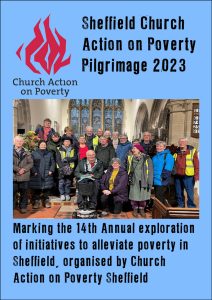This outrageous, counter-productive Budget marginalises people with least
This is Church Action on Poverty’s statement on the 2024 Budget. It includes the views of our expert advisors with direct current experience of poverty.
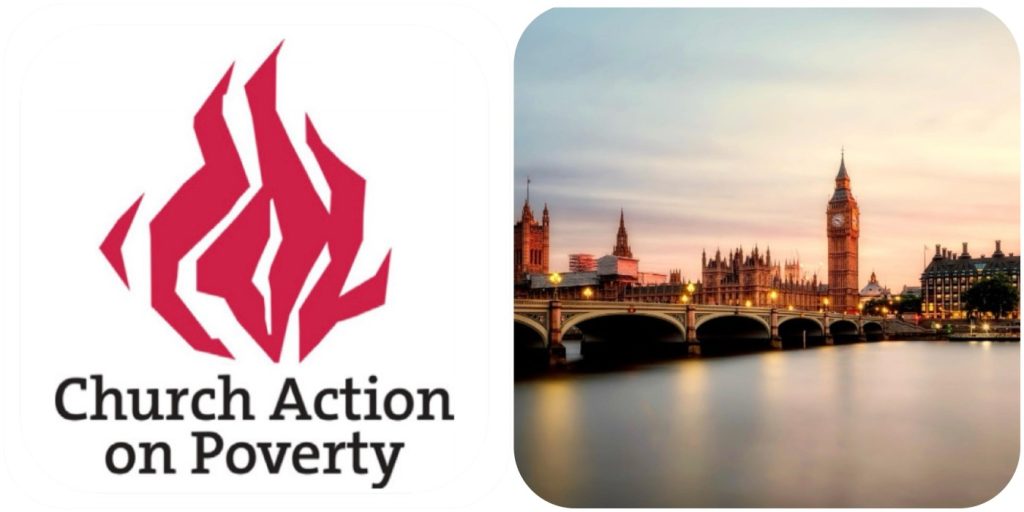
The 2024 Budget further punishes and marginalises people on the lowest incomes, and is outrageous and counter-productive.
That’s the message from social justice campaigners with Church Action on Poverty.
Recent Budgets have rarely provided adequate support or good news for people on low incomes, despite polling showing that 88% of the British public think more should be done to tackle poverty.
Further cuts to public services will harm communities and people who are most likely to need public systems such as health services, libraries, social housing, public transport, and children’s and youth centres.
Calculations by Church Action on Poverty indicate a two-parent family on £60,000 a year will be about £3,100 better off a year as a result of the Budget and Autumn statement, including cuts to National Insurance and the increases to child benefit given only to higher income households, whereas the childcare assistant or teaching assistant charged with looking after their children on a starting salary of £14.500 will be a grand total of £80 better off.
How can this be right?
And someone unable to work due to disability or caring responsibilities will not be better off by a single penny. How can this be right?
Our advisers, all of whom have direct current experience of poverty, have called for a more just tax system, action to fix the UK’s broken housing system; and investment in a long-term future for everyone rather than short-term tweaks.

Stef Benstead said:
“I would want them to be increasing taxes on the wealthiest people so they can fund social care and health care properly. When they are spending money, it should be to help poorer people, not funding tax cuts for richer people.
“The Chancellor’s supporters say countries with low taxes grow fastest, but that’s only in the short term, because you then have a bust. IMF research has shown that the more equal countries grow fastest in the long term because they do not have that bust afterwards.
“We need to look at what makes for steady long-term growth. The answer is to reduce inequality. Data shows we could be much more equal – more equal than Scandinavian countries – and still improve growth. We need to look at what makes for long-term growth, and the way to do that is taxing the very richest, because they currently take too much for themselves.
“It’s not a matter of punishing wealth, but of deterring rich people from over-paying themselves excessively while their staff are struggling on low pay.”

Tracy Porter said:
“We need to commit to meaningful co-production policies with people who have experienced the impact of previous policies.
“I would also like to see more done to increase digital inclusion. So many people have not got the same access, and that means their opportunities are limited, whereas if they had equal access then people could achieve more.
“It affects young people at school and also older people, who maybe are told to use technology to do tasks and send things. It’s not just about having the technology, but also knowing how to use it.
“It is estimated that it costs around £120,000 to raise a child to the age of 18. £120,000 is a lot of money for any household, but if you find yourself unfortunate enough to be at the bottom of the economic scale it becomes even more difficult to provide the basic essentials for that child to flourish.
“A lot of families, in reality, have very few choices. Some families have a disability, learning difficulty or mental health issue, some have to cope with all of these things as well as raising a child to the best of their abilities.
“Without fair access, children can quickly fall behind and the gap between what they and their peers can achieve grows ever wider. Enter the cost of living crisis and the cracks that were already there, become chasms that are swallowing families up.”

Wayne Green said:
“A wealth tax is needed. We need an asset tax. Once you earn more than £250,000 you pay less tax as you can afford to invest in assets and shares. If you had something like a 3 percentage point tax increase on offshore wealth, it could pay for so much – it could pay much of our national debt off.
“The very wealthiest people have millions or billions. There is an imbalance – we should be taxing the super rich and investing in this country long-term.”
“We need a better form of community tax. It does not work properly. And we need to act on housing, instead of MPs seeking to water down policies like eviction laws.”
Wayne had said he would be worried about the ending of the Household Support Fund, which he had said would be outrageous. In the Budget, it was extended by only six months.

Mary Passeri said:
“I think the rich are going to keep on getting richer, but if you are on a low income it disproportionately badly affects you.”
Alisha Barton said:
“I think it will make no positive difference to me, and cutting National Insurance inherently means a cut to public services.”
Sydnie Corley said:
“What needs to really change is the difference in income when you try to get back into work, or into more work. I am part time and if I go over the income thresholds, I lose everything else suddenly.”
Contributors to this article are member of Church Action on Poverty’s Speaking Truth To Power programe.
- Stef Benstead is advisor on disability and social security, and also the author of Second Class Citizens: The Treatment of Disabled People in Austerity Britain.
- Tracy Porter is a trustee and digital inclusion advisor.
- Wayne Green is advisor on unemployment, social security and policy.


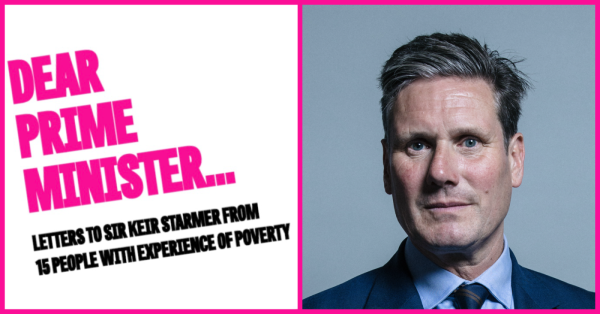
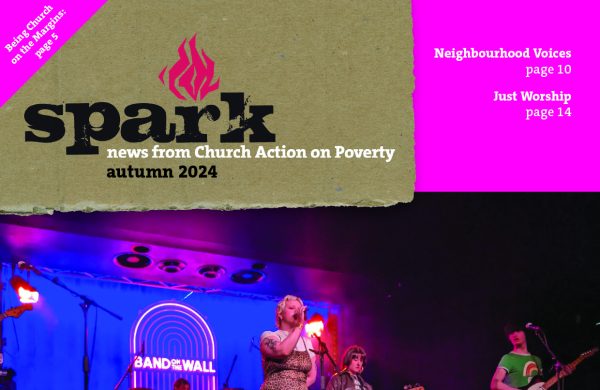

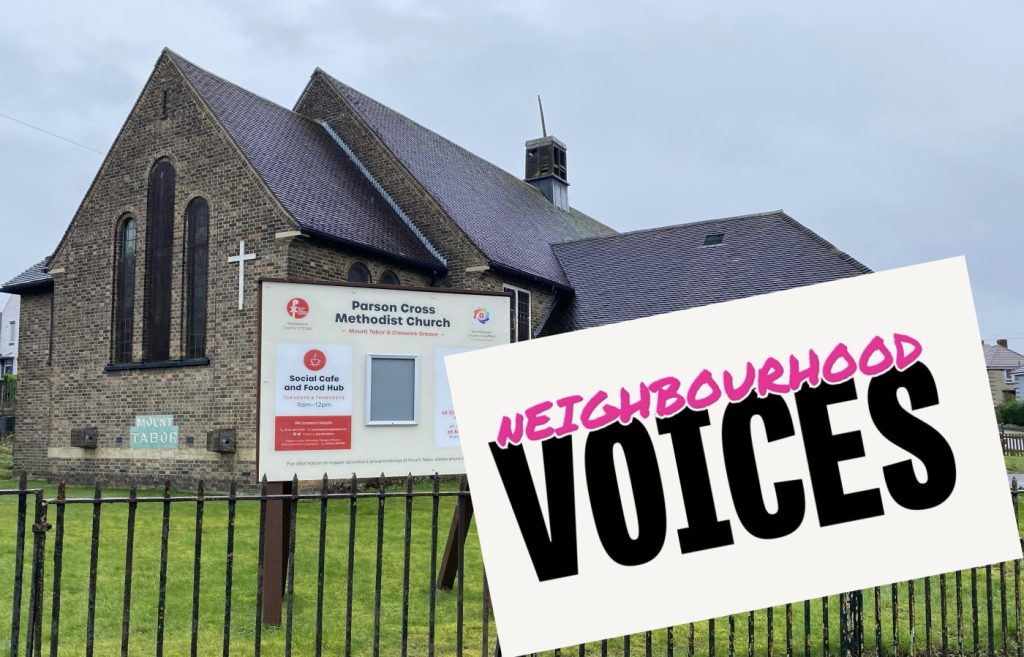
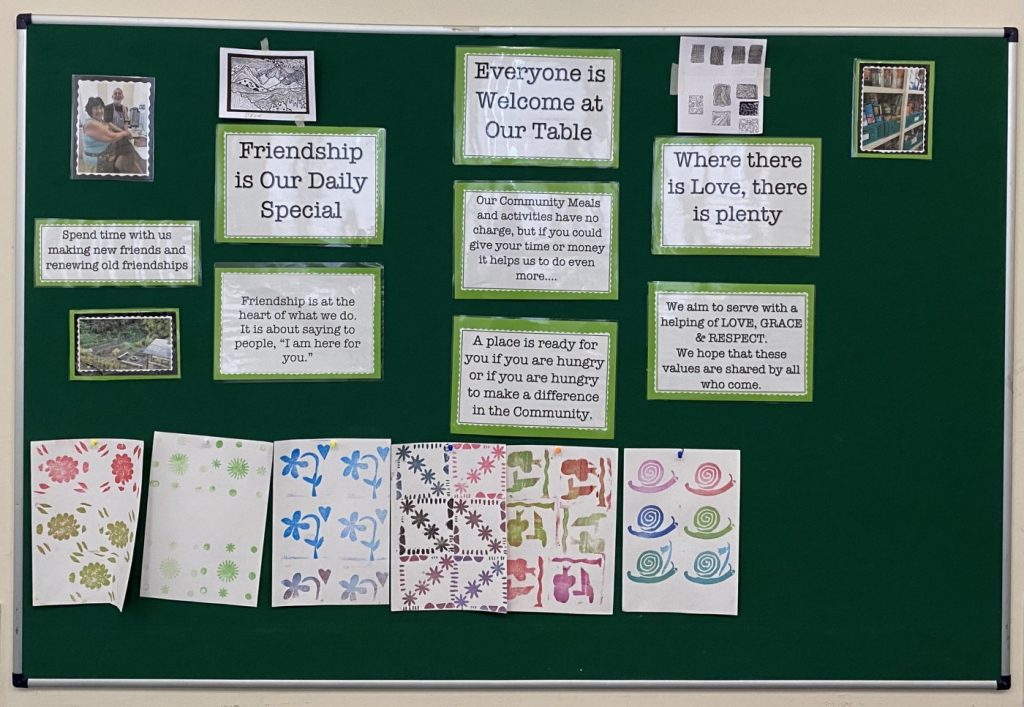
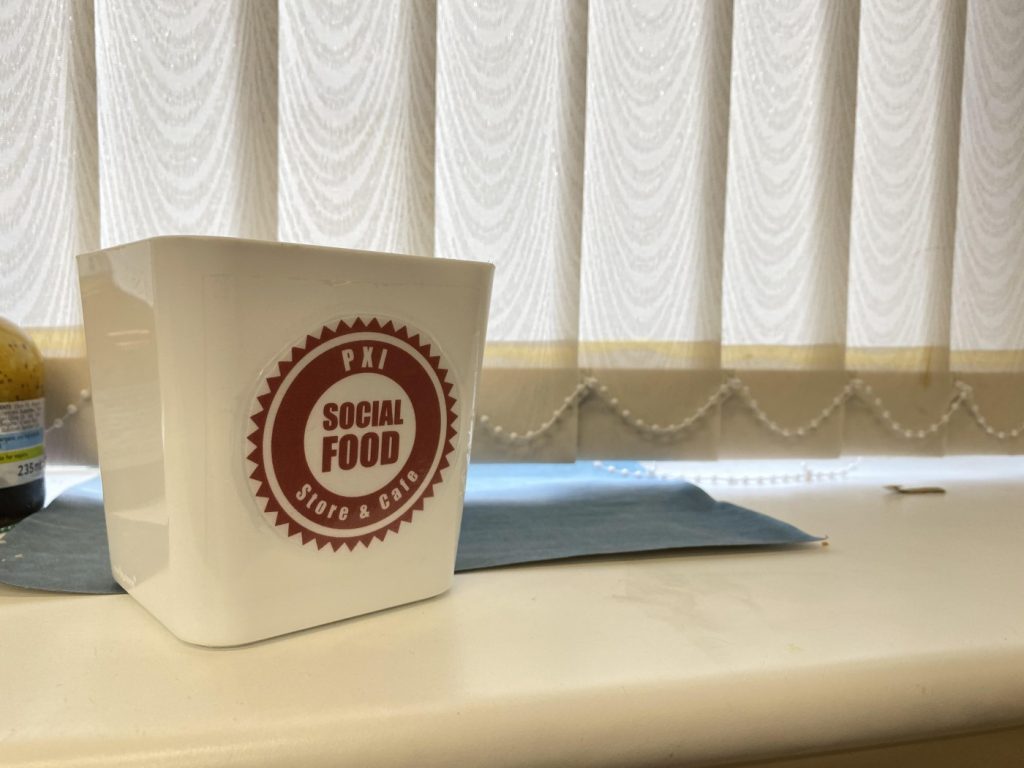
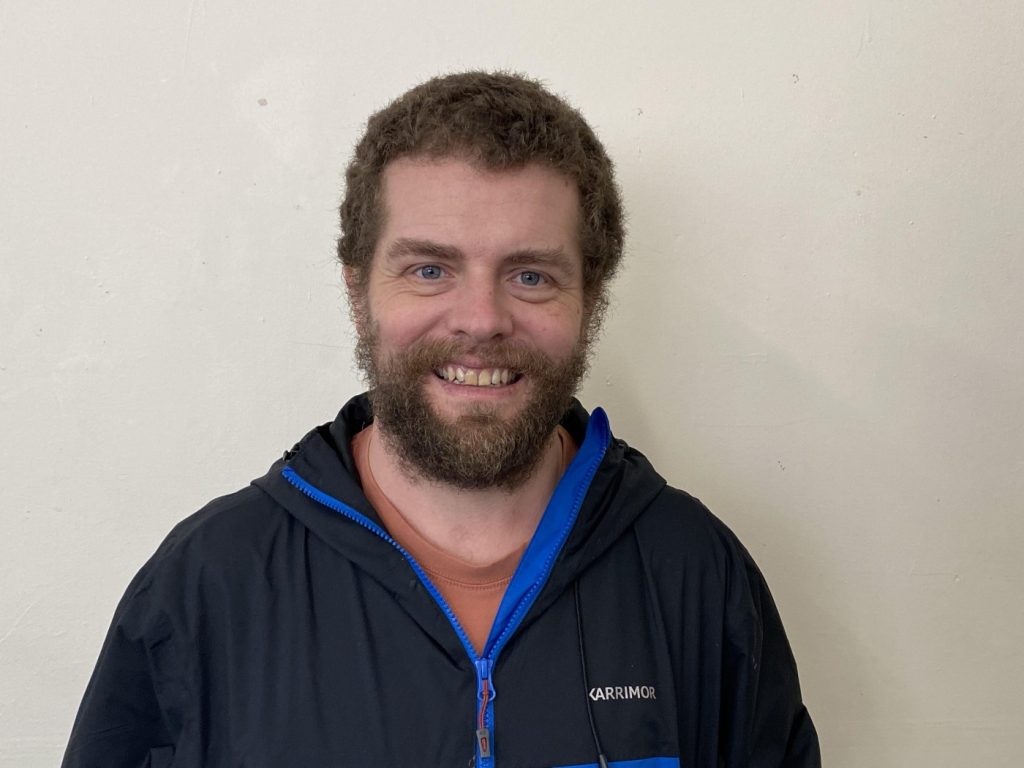

 This year is a chance to reassert what we want for the country. The huge majority of us want to end poverty… Niall Cooper says: Let’s make ourselves heard!
This year is a chance to reassert what we want for the country. The huge majority of us want to end poverty… Niall Cooper says: Let’s make ourselves heard!